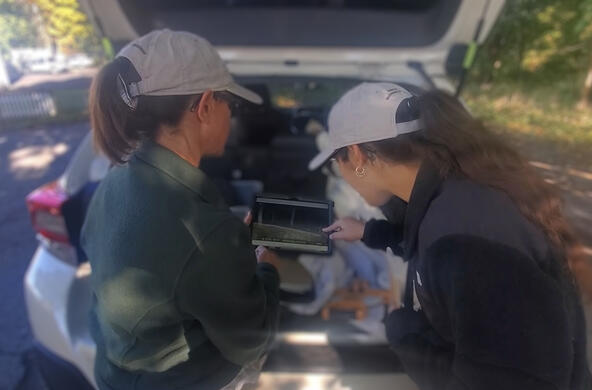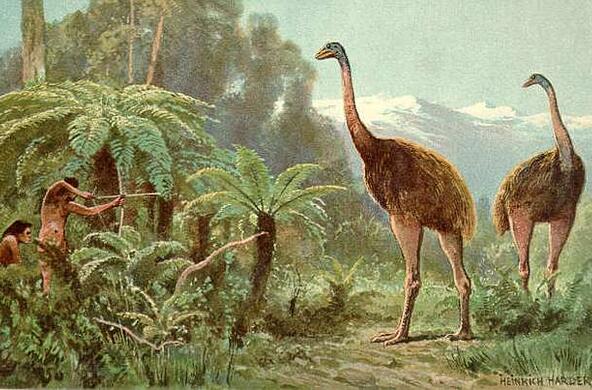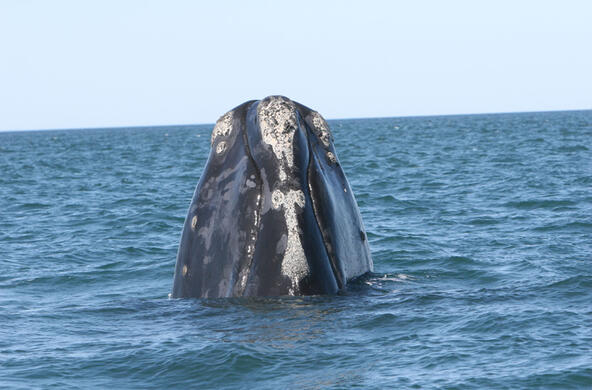
New York's Hudson Valley is experiencing a "mast year." Mast refers to the seeds of woody plants that are eaten by wildlife. "Soft mast" has seeds surrounded by fleshy pulp, and includes berries and fruits. "Hard mast" has seeds protected by an outer coat, such as acorns and hickory nuts.
"Masting," or the intermittent production of large seed crops by trees and shrubs, is a common phenomenon, and 2015 looks like a classic year. While white and black oaks, and hickories produced modest amounts of seeds, red oaks were incredibly prolific. In some forest patches, there are so many acorns underfoot it's like walking on marbles.
Acorns are rich in calories and nutrients and easy for animals to store. Thousands of mice, chipmunks, and squirrels are busy filling their larders. By storing hard mast, they become important seed dispersers, unwittingly planting the next generation of trees. Many a giant oak owes its existence to a mouse.
Deer, bears, and turkeys also consume great quantities of acorns to produce thick fat layers that will be converted to energy when food is scarce this winter.
This year, many trees and shrubs also had huge fruit crops. Access to fruit promotes late-season reproduction in small mammals, fattens and fuels birds prior to and during their migration, and helps larger mammals store winter fat.
Fruits of black cherry, native grapes, and gray-stemmed dogwood are consumed early compared with those of sumacs and Virginia creeper. Yet less-palatable fruits perform important ecological functions, as they remain on plants throughout winter when other foods are in short supply. When animals eat fruit, they disperse their seeds far and wide via their droppings, planting next year's bounty.
**********
–This segment was adapted from an essay by Cary Institute naturalist Mike Fargione.
Produced in collaboration with WAMC Northeast Public Radio, this podcast originally aired on December 7, 2015. To access a full archive of Earth Wise podcasts, visit: www.earthwiseradio.org.
Photo courtesy of Liz West.






